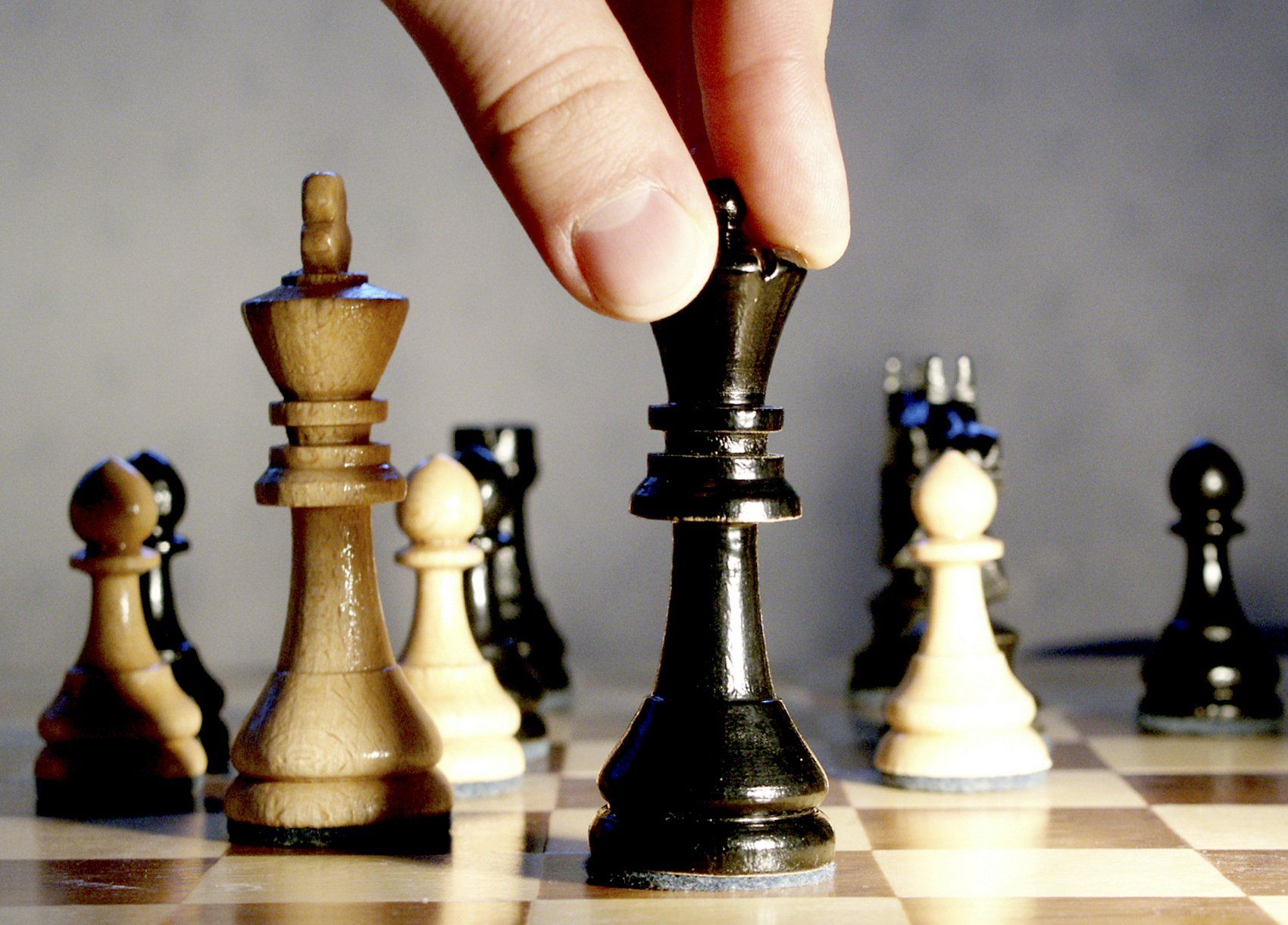Commit to Lifelong Learning
"perpetuam uitae doctrina!"
"Live as if you were to die tomorrow.
Learn as if you were to live forever." Mahatma Gandhi.

Stimulate Your Mind!
Enrich Your Life! We are here to point you in the right direction and cheer you on.
Your lifelong-learning journey will be much more enjoyable and fruitful if your brain is healthy.
Stimulating your brain helps protect against cognitive decline, Alzheimer's disease, and dementia.
Engaging in activities such as lifelong learning, puzzles, playing music, and reading can help keep your mind sharp and improve memory.
Studies show that these activities are just as effective in preserving cognitive function as exercise and diet. Additionally, mental stimulation can help prevent memory loss as we age.
Brain cells are very malleable and their function can be improved with the right activities. For example, research has shown that playing video games can enhance spatial navigation skills and increase cognitive flexibility.
So get creative and find ways to keep your brain active!


The Importance of Mental Stimulation for Brain Health
Mental stimulation for brain health is an important part of a healthy lifestyle. Lifelong learning is beneficial for both physical and mental wellbeing, as it not only helps to keep our minds sharp and alert, but also provides us with an opportunity to explore and expand our knowledge.
Mental stimulation through activities such as reading, puzzles, and games can help to prevent memory loss, reduce stress levels, and improve overall brain health.
On this page, we will explore the importance of mental stimulation for brain health and how it can help to keep our minds sharp and alert.
List of Services
-
What is mental stimulation?List Item 1
Mental stimulation is the use of mental activities and exercises to boost memory, improve cognition, and delay dementia symptoms or cognitive decline. It is about engaging the mind in activities that require attention, focus, learning new information, problem-solving, and other types of thinking. Examples include reading, playing chess, crosswords, Sudoku, and memory games.
Mental stimulation also includes socializing with friends and family, participating in conversations and activities, and continuing to learn new things. All of these activities can help keep your brain functioning at its best.
-
The benefits of mental stimulationList Item 2
Mental stimulation is an important part of overall brain health. It can provide a variety of benefits, including boosting memory, improving cognition, and delaying the onset of dementia symptoms and cognitive decline.
Studies have found that participating in mentally stimulating activities can help to improve memory recall and alertness. For example, engaging in word games or puzzles can strengthen the connections between neurons in the brain and increase recall capabilities. Regularly engaging in these activities can also improve executive functioning, which includes skills such as decision-making and problem solving.
Mental stimulation can also help to delay the onset of age-related cognitive decline and dementia symptoms. Research has shown that participating in cognitive activities and social engagement may slow down the progression of cognitive impairments, such as Alzheimer’s disease.
In addition to providing mental health benefits, mental stimulation can also help to improve physical health. Studies have found that regular engagement in cognitive activities is linked to better overall physical health, including lower rates of cardiovascular disease and improved immune function. This could be due to the fact that participating in mentally stimulating activities reduces stress levels and increases feelings of wellbeing.
Therefore, it is important to engage in regular mental stimulation in order to reap the many benefits it has to offer. From improving mental functioning and delaying dementia symptoms to enhancing physical health, the benefits of mental stimulation are clear.
-
How to get started with mental stimulationList Item 3
Mental stimulation is essential to keep your brain healthy and functioning properly. It is also important to boost memory, improve cognition, delay dementia symptoms, and delay cognitive decline. Fortunately, there are many ways to get started with mental stimulation.
One of the best ways to begin mental stimulation is to engage in activities that require thought and concentration. Reading, playing chess, completing puzzles, and solving crosswords are all great activities to start with. Engaging in conversations about topics that require you to think about them deeply is another excellent way to mentally stimulate yourself.
Another great way to get started with mental stimulation is to learn something new. This can be done in a number of ways, such as taking classes at a local college or learning a new language online. You can even explore different hobbies and interests that you may have never thought of before. Learning something new can also help you build new connections in the brain, which can further boost your cognitive abilities.
Finally, physical exercise can also help you stimulate your mind. Exercise releases endorphins, which helps to reduce stress and give your mood an overall boost. When you combine physical activity with mental activity, such as reading or listening to a podcast, it can be even more beneficial for your brain health.
In short, there are many ways to get started with mental stimulation.
Engaging in activities that require thought and concentration, learning something new, and exercising are all great methods for boosting memory, improving cognition, and delaying cognitive decline. By incorporating these activities into your daily life, you can give your mind the mental stimulation it needs to stay healthy and functioning optimally.
-
Tips for staying mentally stimulatedList Item 4
Mental stimulation is an important part of maintaining a healthy brain. Here are some tips for staying mentally stimulated to help boost memory, improve cognition and delay dementia symptoms or cognitive decline:
1. Read books and articles - reading is an excellent way to keep your mind active and engaged. Try reading books that are challenging or topics you are unfamiliar with to stretch your brain.
2. Learn a new language - learning a new language is a great way to challenge yourself and improve your brain function. Taking language classes can help you stay motivated and on track.
3. Take on a new hobby - hobbies such as knitting, cooking, or painting can keep your brain active and engaged. They are also fun activities that can reduce stress and anxiety levels.
4. Exercise regularly - Exercise not only helps to strengthen your body but also helps to sharpen the mind. Aim to get at least 30 minutes of exercise every day.
5. Try puzzle games - Puzzle games such as crosswords, Sudoku, and jigsaw puzzles can help to keep your mind sharp and boost memory.
6. Practice mindfulness - Being mindful can help to improve cognition and reduce stress levels. Meditation, breathing exercises, and yoga are all great ways to practice mindfulness.
7. Spend time with friends and family - Socializing with friends and family can help to keep your mind active and engaged. You can also learn from each other and share ideas.
By following these tips, you can keep your mind stimulated and sharpened. With regular mental stimulation, you can boost memory, improve cognition, and delay dementia symptoms or cognitive decline.
-
Resources for mental stimulation
In order to stay mentally stimulated, it is important to use a variety of different resources. From educational books and online courses to puzzles and games, there are many activities that can help you to boost memory, improve cognition, delay dementia symptoms, and delay cognitive decline. Here are some of the best resources for mental stimulation:
1. Online Courses: Taking an online course can be a great way to learn new skills while keeping your mind active. Platforms like Coursera and edX offer a range of courses in various topics, from computer programming to history to psychology.
2. Puzzles: Puzzles are a fun way to engage your mind. From Sudoku and crosswords to jigsaw puzzles and logic puzzles, there is something for everyone. Some puzzles even claim to help improve cognitive function.
3. Games: Playing board or card games with family or friends can help keep your mind sharp. Many games require strategy, problem-solving, and critical thinking. Board games such as Scrabble and Monopoly can also help build vocabulary.
4. Brain Training Apps: Mobile apps such as Lumosity and Elevate offer brain training exercises to help with memory, concentration, problem-solving, and other skills.
5. Reading: Whether it’s fiction or nonfiction, reading is one of the best ways to stimulate your mind. By reading challenging books or magazines, you can increase your knowledge and sharpen your mind.
No matter which resource you choose, the key is to find something that you enjoy and that will challenge your brain. With regular mental stimulation, you can keep your mind sharp and healthy well into old age!




